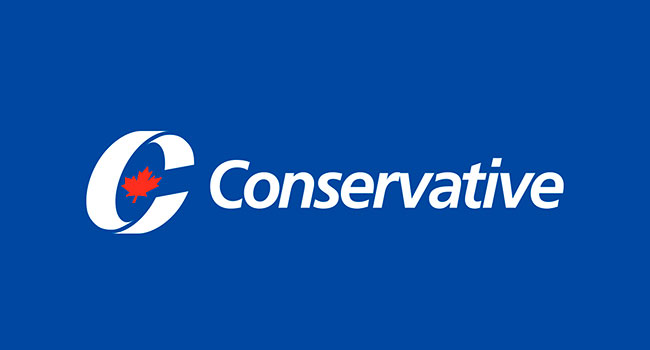 When former prime minister Stephen Harper lost the 2015 federal election, and then stepped down as party leader, most political commentators expected a lively leadership race to choose his successor.
When former prime minister Stephen Harper lost the 2015 federal election, and then stepped down as party leader, most political commentators expected a lively leadership race to choose his successor.
They didn’t expect a packed house with little to no breathing room.
Without searching the Internet or asking anyone, can you name all 14 candidates in the Conservative Party of Canada leadership race? If you can’t, don’t feel too bad. The vast majority of Canadians, and Conservative party members, wouldn’t be able to do it if their lives depended on it.
Most candidates are former and current Tory MPs: Chris Alexander, Maxime Bernier, Steven Blaney, Michael Chong, Kellie Leitch, Pierre Lemieux, Deepak Obhrai, Erin O’Toole, Lisa Raitt, Andrew Saxton, Andrew Scheer and Brad Trost.
The list also includes two outsiders, Dan Lindsay (a Winnipeg-based doctor) and Rick Peterson (a Vancouver-based financial services executive). Two other individuals, businessman/TV personality Kevin O’Leary and Toronto-based communications consultant Adrienne Snow, are considering joining the race.
Only one candidate, Tory MP Tony Clement, has dropped out so far.
A Dec. 8 Forum Research poll of 1,304 Canadian voters revealed that there’s no frontrunner.
Chong leads the general public with 10 per cent, followed by Raitt (eight per cent), Leitch (seven per cent), Alexander (six per cent), Bernier (five per cent) and Blaney (five per cent). Among Conservative voters, Blaney leads with nine per cent, followed by Alexander (eight per cent), Chong (eight per cent) and Raitt (eight per cent). A small sample of Conservative Party members shows Raitt leading with 12 per cent, followed by Chong (10 per cent), Alexander (nine per cent) and Leitch (eight per cent).
In these three examples, 48 to 53 per cent of respondents would prefer to back “someone else.”
Yes, Forum Research’s work has been spotty in recent years. But in a crowded field with competent, albeit uninspiring, leadership candidates, these numbers seem to properly reflect the current political mood.
The leadership field will obviously thin out before the vote on May 27, 2017. Candidates will run out of time, money, resources and, in some cases, patience with low approval ratings. When this happens, some leading candidates will be able to increase their support and escape the pack.
This scenario also helps someone like O’Leary. He’s a political novice who will likely attempt to ride the populist, anti-establishment wave that has helped catapult Brexit to victory in the United Kingdom, defeated then-Italian prime minister Matteo Renzi’s referendum on political reform, and led to Donald Trump’s upset victory in the U.S. presidential election.
But O’Leary, a bombastic media figure, worries many small “c” conservatives. Whether he turns out to be the second coming of Trump is one thing. The belief among some party members that an outsider with no political experience could be a better leadership choice than a less flashy political veteran is quite another.
Then again, there are several candidates who wouldn’t be acceptable to large swaths of the party membership. Or to Canadians in general.
This is what often happens when a strong political leader like Harper steps down.
Whether you liked him or hated him, there’s no question the former PM was a powerful, confident voice on the domestic front and international scene. While there were many good Tory ministers in Harper’s cabinets, he never tapped or pointed toward a potential successor.
That just wasn’t his way of doing things.
That’s why it turned into a free-for-all to choose the next permanent Tory leader. It’s a competition of political visions and political brands. The ultimate winner will then have some very large shoes to fill. Expectations will be extremely high – and mediocrity won’t be tolerated.
A larger-than-normal leadership race may seem ominous, but it’s actually the best way to resolve things for Canada’s Conservatives now and in the future.
In the midst of this confusion, a light will eventually shine on one person. We’ll see how he or she handles this important task.
Michael Taube, a Troy Media syndicated columnist and Washington Times contributor, was a speechwriter for former prime minister Stephen Harper. He holds a master’s degree in comparative politics from the London School of Economics.
The views, opinions and positions expressed by columnists and contributors are the author’s alone. They do not inherently or expressly reflect the views, opinions and/or positions of our publication.
